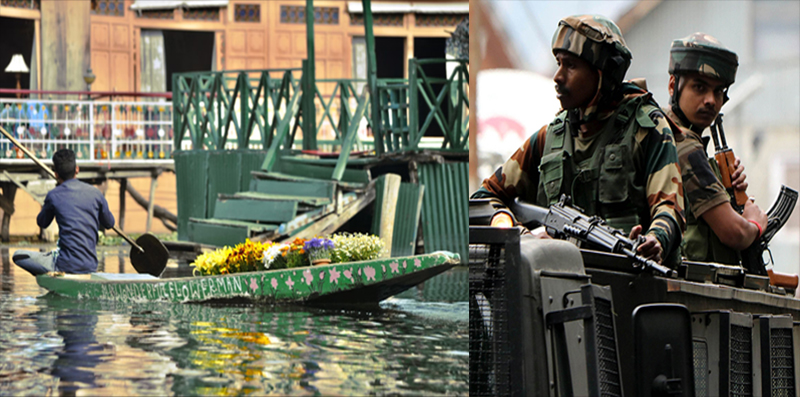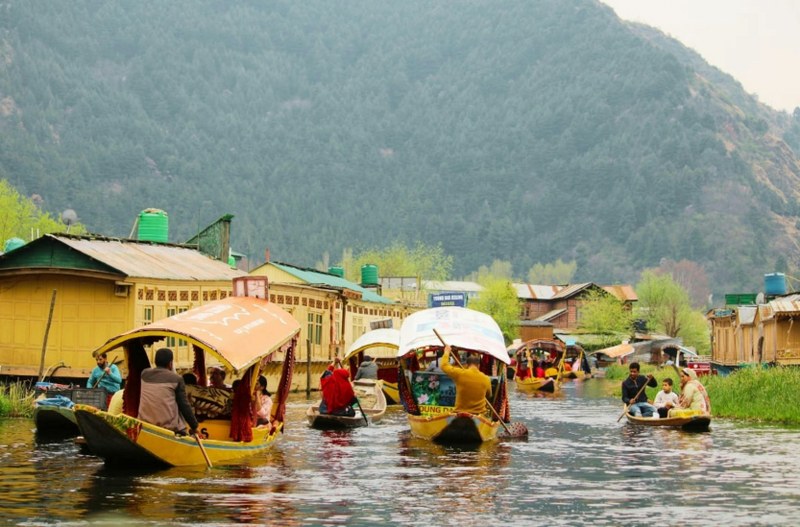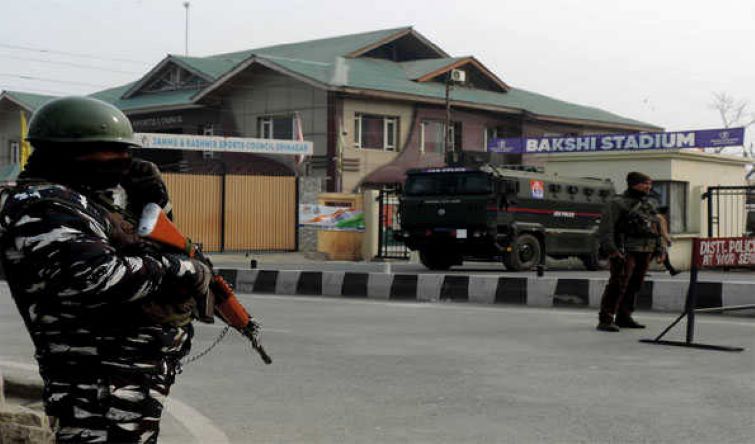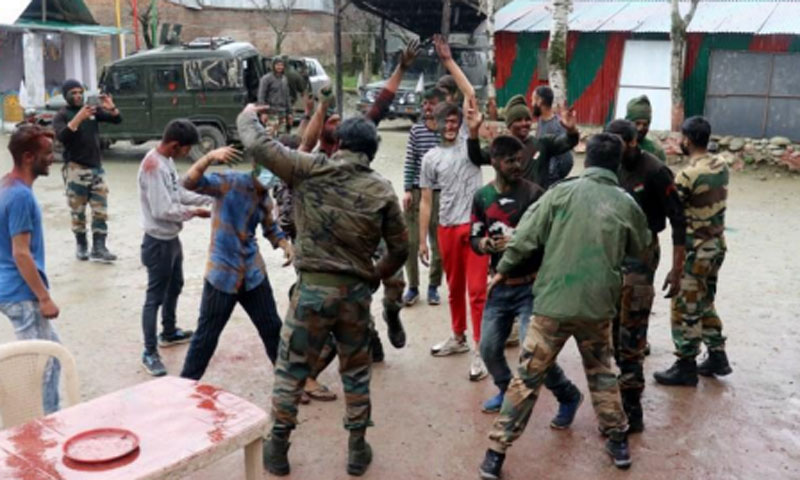 Kashmir
Kashmir
Strategic Recalibration for Peace in Jammu and Kashmir
The recent surge in Pakistan-backed terrorist assaults in Rajouri, Poonch, Reasi, Doda, Kathua, and other parts of Jammu & Kashmir (J&K) has highlighted the enduring complexities and challenges within the region.
Although the BJP-led administration at the Center has undertaken significant measures to address historical issues and promote harmony, prosperity, and normalcy, recent incidents necessitate a reassessment of strategies and approaches. Our strategy must be thoughtful, balanced, and meticulously aligned with political, constitutional, and legal frameworks to ensure sustainable peace and stability.
The abrogation of Article 370 on August 5, 2019, was a historic move intended to integrate J&K more closely with the rest of India. However, independent observers, including members of the displaced Pandit community, have indicated that further efforts are required to reconcile the official narrative with on-ground realities. The recent electoral outcomes, perceived by some as a critique of Delhi’s initiatives, have emboldened local and foreign terrorist elements, necessitating a strategic recalibration.
The media’s shifting stance—from initial praise for the PMO-HMO-RMO trio to current critiques—underscores the need for consistent and truthful communication. While media narratives can influence public perception, it is the on-ground reality that ultimately dictates the success of policies. The media’s role should be to provide an accurate, balanced view, enabling informed decision-making rather than swaying with political winds.
 Photo Courtesy: Unsplash
Photo Courtesy: Unsplash
The persistence of terrorism in J&K is deeply intertwined with ideological and political manipulation. For decades, certain local leaders have propagated a narrative that fuels discord and unrest. The calls for autonomy, self-rule, independence, referendum, achievable nationhood, and plebiscite often disguise underlying agendas that perpetuate instability. These narratives, cloaked in the guise of self-determination, serve to exploit and radicalize local populations, undermining efforts by the Government of India to establish lasting peace.
It is time to call out these deceitful agendas for what they are—a deliberate attempt to destabilize the region and thwart national unity and security. The administration must take a firm stand against these manipulations, ensuring that the rule of law prevails and that those who seek to sow division are held accountable. This requires not just words but decisive actions that demonstrate an unflinching loyalty to the integrity and sovereignty of the nation.
While surgical strikes and military actions offer immediate relief, they alone are not long-term solutions. The cyclical nature of terrorism in the region mandates a comprehensive strategy that combines decisive military measures with sustained grassroots engagement and socio-economic development. This dual approach aims to address both the immediate threats and the underlying causes of unrest, ensuring a more enduring peace and stability while recognizing the invaluable contributions and sacrifices of our armed forces.
 Photo Courtesy: IBNS/UNI File
Photo Courtesy: IBNS/UNI File
The government must prioritize the implementation of comprehensive multifaceted extremism prevention programmes, aimed at dismantling extremist ideologies. This initiative should be integrated with community engagement efforts designed to cultivate social cohesion and promote dialogue among diverse groups.
Moreover, a focus on economic empowerment is essential to provide viable alternatives to militancy, addressing one of the root causes of unrest.
These efforts are crucial for eradicating the ideological foundations of terrorism and cultivating a more inclusive and harmonious socio-political environment. By taking these balanced and politically astute steps, we can move towards a stable and prosperous future for Jammu & Kashmir.
A critical aspect in J&K is dismantling the false narratives perpetuated by various factions. The myths and hoaxes that fuel sentiments must be countered with clear, consistent messaging. Countering divisive rhetoric with irrefutable facts and reason will dismantle the secessionist, autonomist, partisan, and breakaway groups agenda and fortify national unity and security.
 Photo Courtesy: IBNS/UNI File
Photo Courtesy: IBNS/UNI File
Furthermore, consistent engagement with international platforms to present the factual and legal basis of India's stance on J&K will help counteract misinformation and garner global support. It is imperative that the message of J&K’s integral status within India is communicated with conviction, ensuring that the truth prevails over misleading propaganda.
Meanwhile, the fixation on Pakistan as the sole perpetrator of unrest in Jammu and Kashmir overlooks the broader geopolitical dynamics. While Pakistan’s role in fomenting terrorism cannot be ignored, the support it receives from local elements within Jammu and Kashmir is equally critical.
Addressing this internal support base is as important as countering external threats for achieving lasting peace and stability.
(Mir Junaid is President of Jammu and Kashmir Workers Party. He can reached on: junaidjawaidmir@gmail.com )
Support Our Journalism
We cannot do without you.. your contribution supports unbiased journalism
IBNS is not driven by any ism- not wokeism, not racism, not skewed secularism, not hyper right-wing or left liberal ideals, nor by any hardline religious beliefs or hyper nationalism. We want to serve you good old objective news, as they are. We do not judge or preach. We let people decide for themselves. We only try to present factual and well-sourced news.







